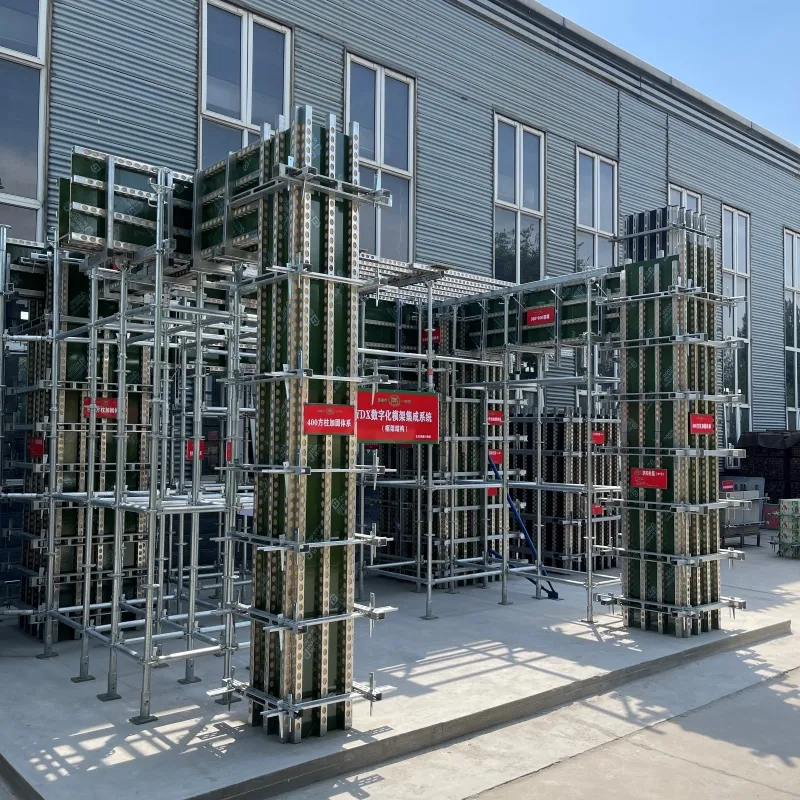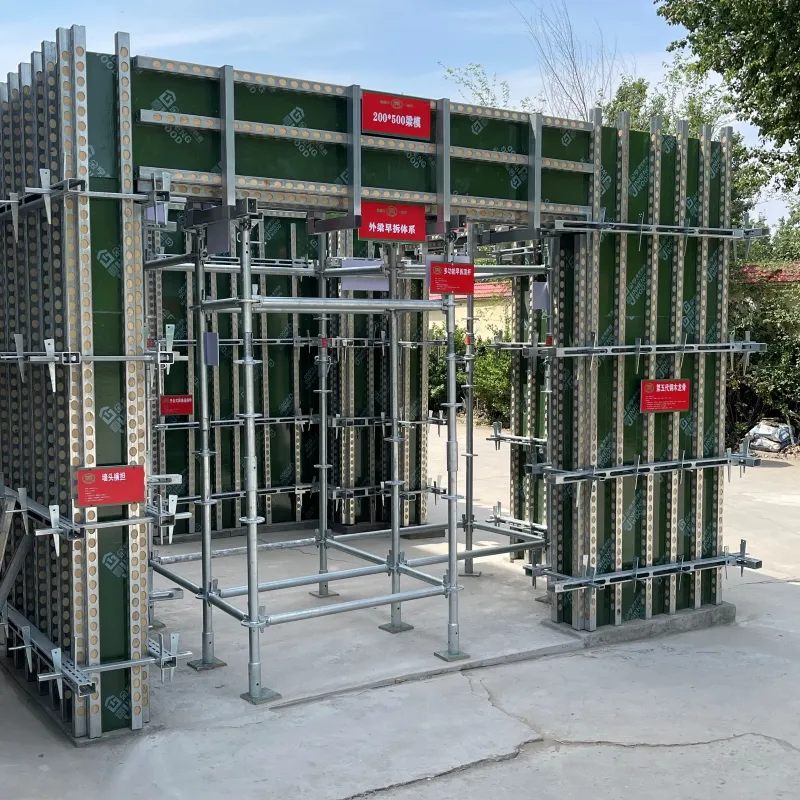
prop up
Exploring the Concept of Prop Up Understanding Its Importance in Various Contexts
In today's fast-paced world, the term prop up holds profound significance across various sectors, from economics to personal relationships. At its core, prop up refers to the act of supporting or sustaining something that is at risk of failing or collapsing. This article explores the various dimensions of prop up, illustrating its relevance in different contexts, including economic policies, social welfare, and personal development.
Economic Context
In economics, prop up often describes government interventions intended to stabilize financial markets or economic systems during times of crisis. For instance, during the 2008 financial crisis, governments around the world implemented various measures to prop up their struggling economies. This included bailouts for major banks and auto manufacturers, as well as fiscal stimulus packages aimed at boosting consumer spending and infrastructure investment.
The moral and long-term implications of such measures are complex. While propping up an economy can prevent immediate disaster, critics argue that it may lead to an overreliance on government support, known as moral hazard. This situation occurs when businesses or financial institutions feel insulated from risk due to expectations of government bailouts, which can encourage reckless behavior. Therefore, while propping up the economy can be necessary, it also raises questions about sustainability and accountability.
Social Welfare
The concept of prop up extends beyond economics and into the realm of social welfare
. Governments and non-profit organizations often engage in various initiatives aimed at propping up vulnerable populations. This support may come in the form of financial assistance, food programs, housing support, or mental health services. The goal is to provide a safety net for those who are struggling, thus preventing social disintegration and fostering community resilience.prop up

However, similar to economic interventions, social welfare programs can create dependencies. Critics argue that while propping up individuals through welfare initiatives can provide immediate relief, it may also discourage self-reliance and long-term personal development. To strike a balance, many social programs are now designed to include pathways to self-sufficiency. This approach not only addresses immediate needs but also empowers individuals to improve their circumstances over time.
Personal Development
On a more individual level, the concept of prop up resonates deeply within personal development. Everyone faces challenges in life, and sometimes, we require external support—whether from friends, family, or mentors—to help us navigate difficult times. In this sense, propping up is about building a support network that provides the encouragement we need to pursue our goals and overcome obstacles.
Developing a resilient mindset is crucial in this context. While external support is invaluable, individuals must also cultivate internal resources to withstand challenges and setbacks. This dual approach creates a robust framework where one can seek help when needed while also developing the skills and confidence to stand on their own.
Conclusion
The multifaceted concept of prop up reveals its importance across various spheres of life. In economics, social welfare, and personal development, the idea of supporting and sustaining those who are vulnerable is crucial to maintaining stability and fostering growth. However, it is essential to balance support with accountability and empowerment, ensuring that individuals and systems can thrive independently over time. By understanding the dynamics of prop up, we can create a more resilient society that provides both immediate assistance and long-term empowerment. As we navigate the complexities of modern life, the notion of prop up serves as a reminder of our shared responsibility to support one another while encouraging growth and independence.
-
The Importance of Reinforcement Bar in ConstructionNewsJul.11,2025
-
The Durability of Timber Steel FurnitureNewsJul.11,2025
-
How to Assemble Fixed Clamp Scaffolding SafelyNewsJul.11,2025
-
Essential Column Rebar Specifications for High-Rise BuildingsNewsJul.11,2025
-
Common Applications of Steel Keels in ConstructionNewsJul.11,2025
-
Benefits of Using Aluminum Scaffolding Ladders Over SteelNewsJul.11,2025
-
Stainless Steel Keel: Analysis of the Triple Advantages of Rigidity, Stability, and LightweightNewsJun.19,2025










